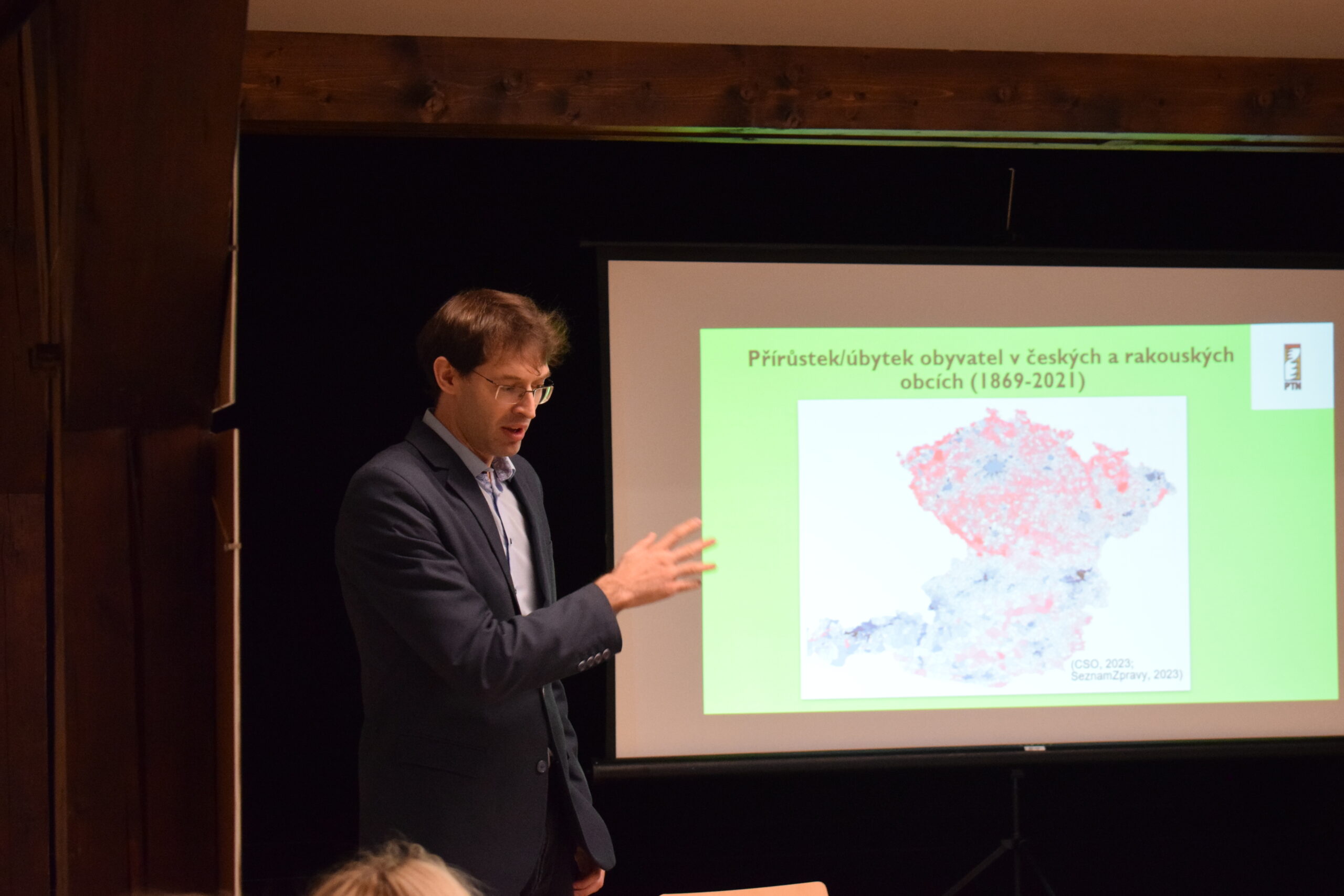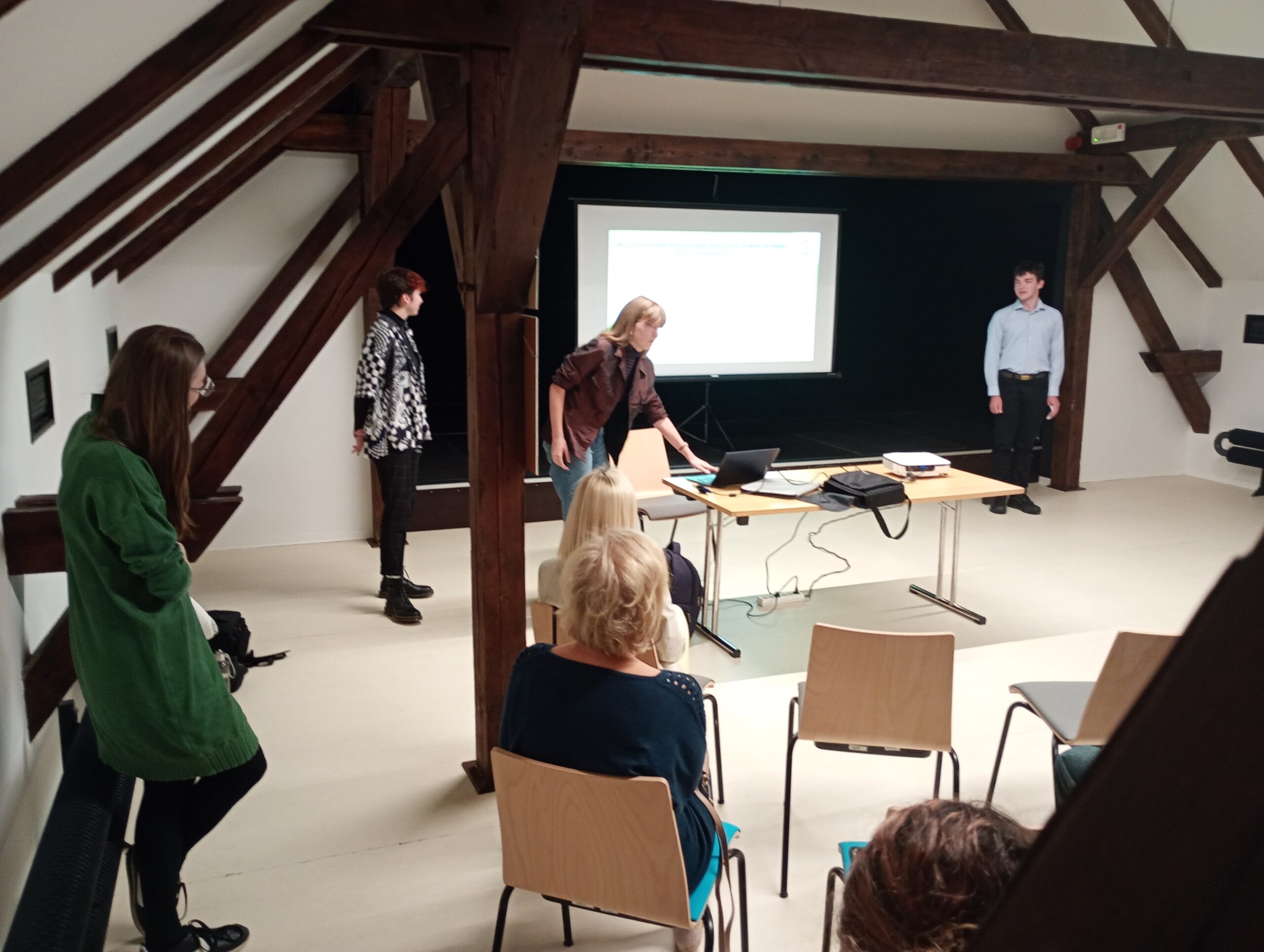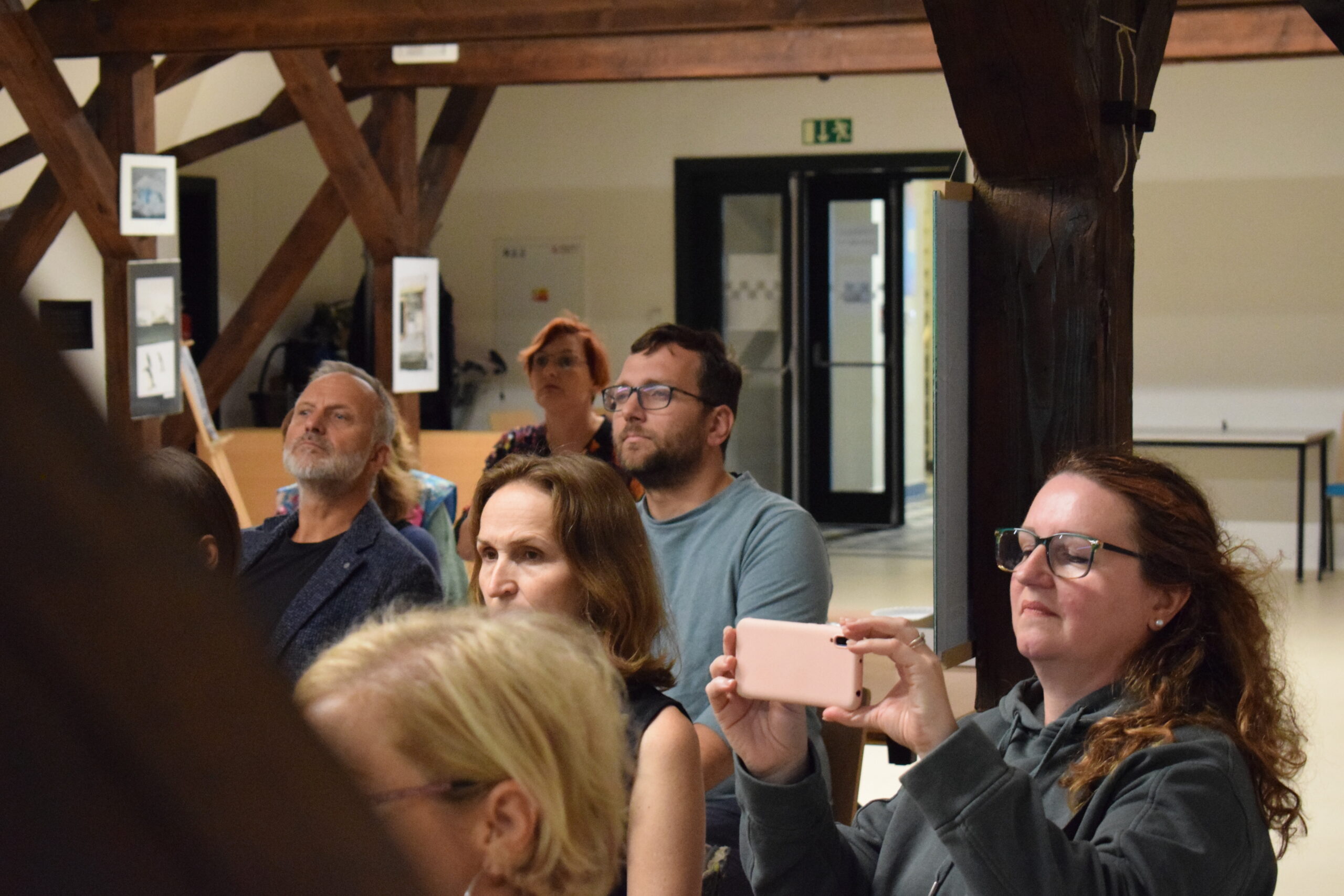Project Description:
With open borders and free labour mobility within the EU being much praised, their downsides tend to be underestimated. While a mobile labour force can solve a shortage in one region, it may cause even more serious problems in another, often disadvantaged region. An economic disparity between inland and border regions is visible across EU countries. Research on strengthening border regions, which mostly show rural – but often unique – characteristics, is needed. Acknowledging the benefits of free mobility of labour, we aim to diminish its negative impact. We approach the town of Domažlice, squeezed between more urbanised regions to the east and neighbouring Bavaria to the west. Both offer arguably more attractive job opportunities, better living conditions or health care.
Yet, Domažlice’s position is not hopeless as it features a number of assets, including the stunning natural beauty of the surrounding area, determined local activists, active secondary students and an assemblage of old industrial heritage sites and brownfields awaiting regeneration.
Project Type: Kick Starting Grant
Theme: Justice and Equity, Mobility
Mentor:Ilídio André Costa
Using the Past to Secure the Future: Empowering Youth in Czech Borderlands
Project Name (Czech Audience): Pohraničí tě nezničí (Borderland Will Not Destroy You)
Project Overview
Our initiative aims to combat brain drain in Czech border regions by empowering young citizen scientists—secondary school students—to address local challenges using scientific methods. These young participants play a crucial role in shaping the future of their region, offering insights based on their lived experiences, aspirations, and unique perspectives.
Project Goals and Methodology
The primary objective is to identify the factors influencing young people’s decisions to stay or leave their hometowns. To achieve this, we conducted a comprehensive survey targeting students and graduates from local secondary schools. The survey explored attitudes towards the region, individual needs, and future aspirations.
Additionally, we performed a comparative study analyzing successful anti-brain drain strategies from various countries. A key focus was the regeneration of industrial heritage sites, prompted by the local council’s recent purchase of a decaying 19th-century factory. This factory served as a timely case study, offering a tangible example for analysis. Citizen scientists were tasked by the mayor with proposing adaptive reuse strategies to enhance the town’s appeal, potentially retaining local talent.

The student-designed questionnaire, developed with guidance from experienced researchers, included questions about potential uses for the factory. We collected 528 responses from students, and the survey among graduates is still ongoing.
Community Engagement and Outcomes
Citizen scientists received training in both quantitative and qualitative data analysis. They presented their findings at three public meetings attended by the mayor and other community members. The strong turnout demonstrated significant local interest and engagement.
During these meetings, the students shared preliminary survey results and presented case studies of adaptive reuse projects from across Europe. These presentations sparked productive discussions about evidence-based solutions for local development.
Impact and Future Directions
Our project has introduced evidence-informed decision-making at the local and regional levels—a practice still emerging in Czechia. The current phase focuses on drafting policy recommendations to address brain drain effectively. Citizen scientists continue consulting experts in regional development and industrial heritage regeneration to refine their proposals. We also plan to expand and replicate the project in other Czech regions.
Support from the IMPETUS Accelerator Programme
Participation in the IMPETUS programme significantly boosted our project. It provided credibility when engaging regional partners and citizen scientists, who valued being part of a broader European initiative. The training enhanced our skills in project coordination, participant engagement, and ethical considerations, particularly when working with minors.
We are immensely grateful for this opportunity to collaborate with such a motivated group of young people. These future citizens are now equipped with the skills and knowledge to use evidence-based approaches to improve their communities, ensuring a brighter future for their region.





